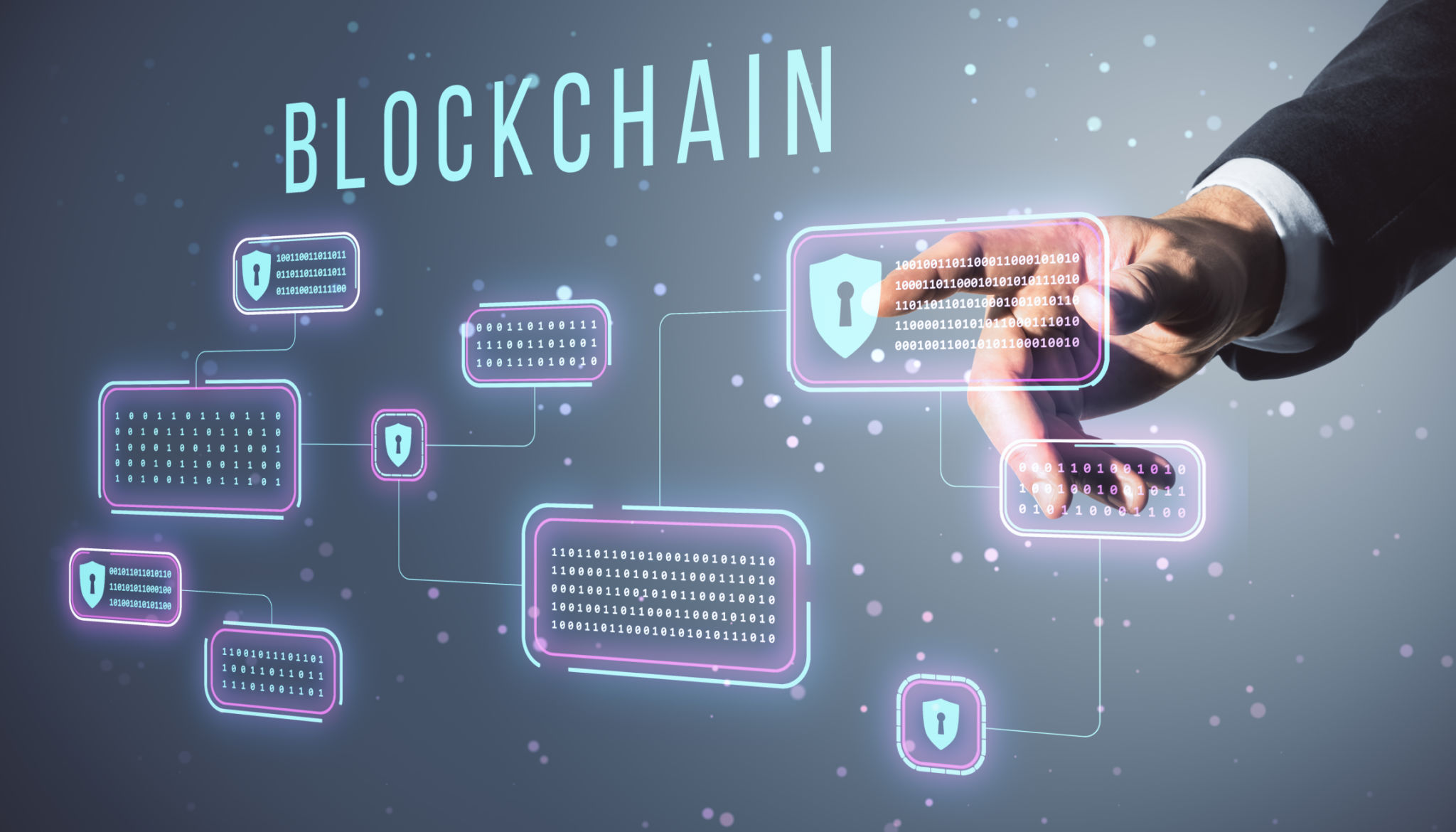Emerging Trends in Blockchain Legal Disputes: What Businesses Should Prepare For
The Rise of Blockchain in Legal Disputes
As blockchain technology continues to revolutionize various industries, its increasing adoption brings about a unique set of legal challenges. Businesses leveraging blockchain must be prepared to navigate these emerging legal disputes to safeguard their interests and ensure compliance. The decentralized nature of blockchain, combined with its cryptographic security, introduces complexities that traditional legal systems are still grappling with.
One of the primary issues is the question of jurisdiction. Since blockchain operates on a global scale, determining the applicable legal jurisdiction in disputes can be complicated. Companies must be proactive in understanding how different jurisdictions may impact their blockchain operations and prepare accordingly.

Smart Contracts and Their Legal Implications
Smart contracts are self-executing contracts with the terms of the agreement directly written into code. While they offer efficiency and automation, their legal enforceability remains a topic of debate. Businesses should be aware that traditional contract laws may not fully apply to smart contracts, and they may face challenges in enforcing these agreements through conventional legal channels.
Moreover, the ambiguity surrounding smart contracts can lead to disputes over their interpretation and execution. Organizations must work with legal experts to establish clear, legally binding terms and consider hybrid models that combine smart contracts with traditional legal agreements for added security.

Tokenization and Regulatory Challenges
The tokenization of assets, from real estate to art, is another emerging trend in blockchain that poses legal challenges. Tokens are often classified differently across jurisdictions, leading to regulatory uncertainty. Businesses involved in tokenization must stay informed about evolving regulations and ensure compliance to avoid potential legal pitfalls.
Furthermore, the classification of tokens as securities or commodities can have significant legal implications. Companies should engage with regulatory bodies and seek legal counsel to navigate these complex classifications effectively.
Data Privacy and Security Considerations
Blockchain's decentralized nature offers enhanced security, but it also raises concerns about data privacy. As data is distributed across networks, ensuring compliance with data protection regulations like the GDPR can be challenging. Businesses must implement robust data privacy measures and remain vigilant about regulatory changes.

Additionally, the irreversible nature of blockchain transactions presents challenges in correcting errors or addressing fraudulent activities. Companies should develop contingency plans to handle such incidents effectively without compromising their legal standing.
Intellectual Property Rights in Blockchain
The intersection of blockchain technology and intellectual property rights (IPR) is another area ripe for legal disputes. As businesses innovate within the blockchain space, protecting intellectual property becomes crucial. Companies need to understand how IPR applies to blockchain innovations and take steps to safeguard their proprietary technologies.
Moreover, disputes may arise over the ownership of blockchain-related patents or trademarks. Businesses should conduct thorough due diligence and establish clear ownership rights to prevent potential conflicts.
Preparing for Future Legal Challenges
To effectively navigate the evolving landscape of blockchain legal disputes, businesses must adopt a proactive approach. This includes staying informed about regulatory developments, engaging with legal experts specializing in blockchain technology, and implementing comprehensive risk management strategies.
As blockchain technology continues to mature, its legal implications will become increasingly complex. By understanding these emerging trends and preparing for potential disputes, businesses can leverage blockchain's transformative potential while minimizing legal risks.
